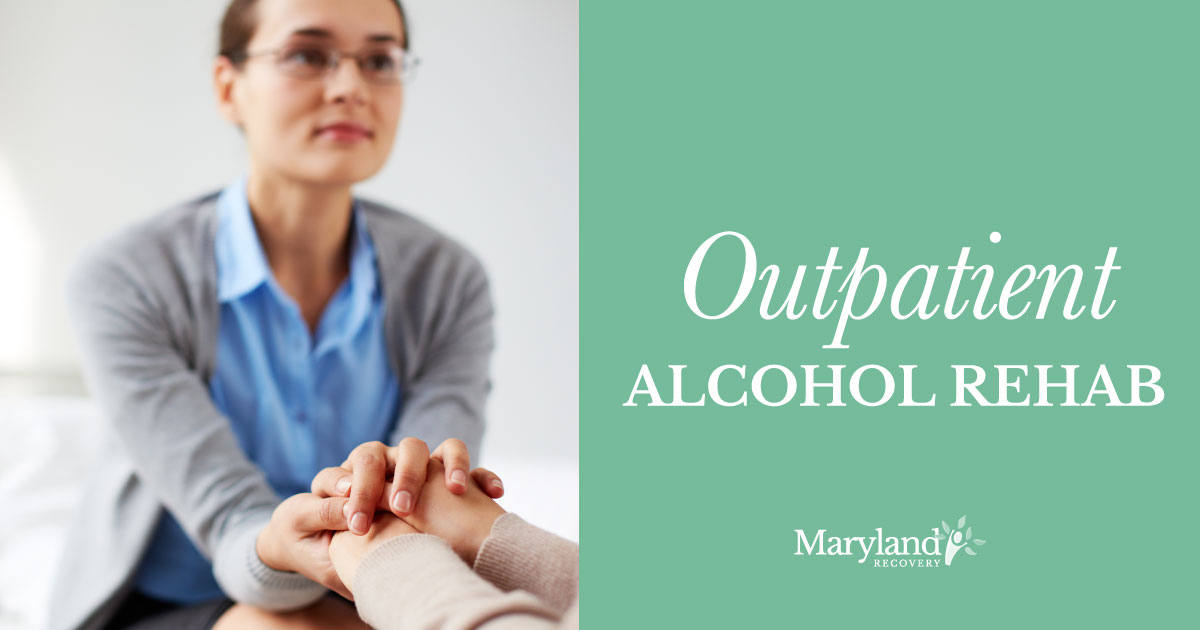
Getting sober for good can be extremely difficult. If you or a loved one is thinking about quitting alcohol (or if you’ve already tried), then you know what a hurdle this problem is to overcome. Unfortunately, one of the reasons that people have such a hard time quitting their addiction is because they don’t have all the tools they need to be successful.
Among the most important resources a person needs to stay sober is access to long-term care. Alcohol addictions rarely disappear overnight. In fact, self-destructive drinking is typically tied to a host of other mental health or behavioral issues.
Without the proper tools and education to tackle these challenges head-on, those struggling with addiction will be at a huge disadvantage as they go through recovery. People who have been through a short-term recovery program and still struggle to stay sober know this reality firsthand.
The goal of this post is to highlight the options that individuals have for effective long-term recovery from alcoholism. Our hope is that those struggling with substance abuse can get the right kind of help from qualified treatment professionals, allowing them to live happier and healthier lives free of addiction.
Effective Long-Term Treatment Models for Alcoholism
One strategy for alcoholism recovery that has found great success is the pairing of recovery home services with those of an intensive outpatient or partial hospitalization treatment program.
In these combined programs, patients live in a recovery home that helps them avoid the many temptations that they would face back home. They can attend to work or school obligations, in addition to outpatient services, and then return home by a certain time each night.
Additionally, a number of treatments are available through intensive outpatient programs that partner with recovery home communities. Each day, an individual may wake up at a recovery home, head to work, come home to participate in intensive outpatient therapy, and then get ready for the next day that would be mostly free of distractions or temptations.
The following services are just a few examples of the types of treatment a person may receive while living and participating in a recovery community:
- Family therapy
- Group and individual therapy
- Addiction education
- 12-step-based meetings
- Relapse trigger coaching
Making Recovery More Affordable
A recent trend that has made a big impact on addiction recovery across the country has been how insurance companies have adjusted their coverage of substance abuse treatment. In the past, insurance companies tended not to cover for weeks or months of inpatient care. Recent studies, however, have shown that the once popular 30-day model is not able to guarantee long-term abstinence from alcohol.
Today, insurance companies are more inclined to cover services that offer greater flexibility and cost-effectiveness than a month-long stay in an addiction treatment center. Thankfully, these types of alternative programs are now more readily available than ever before.
Relearning a Healthy Lifestyle
The key advantage of pairing an intensive outpatient treatment program with a stay in a recovery home community goes beyond affordability. It is true that insurance companies look more favorably on these more modern approaches to addiction recovery, but the cost savings do not contribute to a successful recovery on their own.
The most important advantage of this type of alcoholism treatment is that recovery home living puts patients in scenarios where they can practice a sober lifestyle but still have a supportive safety net. After treatment, connections with alumni and recovery specialists will form the core of a person’s recovery network.
Additionally, many outpatient treatment programs leave their doors open to former patients. This attitude encourages struggling individuals to come back if they face powerful addiction triggers and need help learning to deal with them the right way.
Outpatient Alcohol Rehab Combined with a Recovery Home Stay
Without long-term recovery resources, a person can relapse once and find themselves right back where they started. Conversely, people who make mistakes within a long-term rehab plan are better equipped to get back on track as quickly as possible.
This is an important advantage of treatment strategies that revolve around intensive outpatient treatment and staying in a recovery home. Participants have time to confidently transition from rehab back to their normal lives instead of being pushed to find solutions over a period of a few short weeks.
Furthermore, the self-esteem developed through long-term care is critical for helping individuals to keep off drugs and continue down the path to sobriety.
Experience Long-Term Alcoholism Recovery
The science and thinking behind addiction recovery continue to evolve. It’s no surprise that the solutions and methods that were widely celebrated across the industry are quickly falling out of favor with the introduction of more innovative and affordable alternatives.
This is the natural course of medicine, however. Treatment methods will continue to improve as researchers collect more information, and the same could be said for addiction treatment.
Today, addiction experts know that access to long-term care options like alumni support, relapse prevention education and a treatment center with an open-door policy all go a long way toward helping a person end their substance abuse. These are just a few of the many reasons why the experts at Maryland Recovery are so passionate about the special care they use when treating patients.
Want to learn more about recovery from alcohol addiction? Know of a friend, spouse or family member that is drinking too much but aren’t sure how to help? We encourage you to reach out to us with your questions about alcoholism, successful treatment and recovery.
Explore Our Long-Term Treatment Program
Reviewed by Christopher Schwartfigure MS, LGPC, CAC-AD








